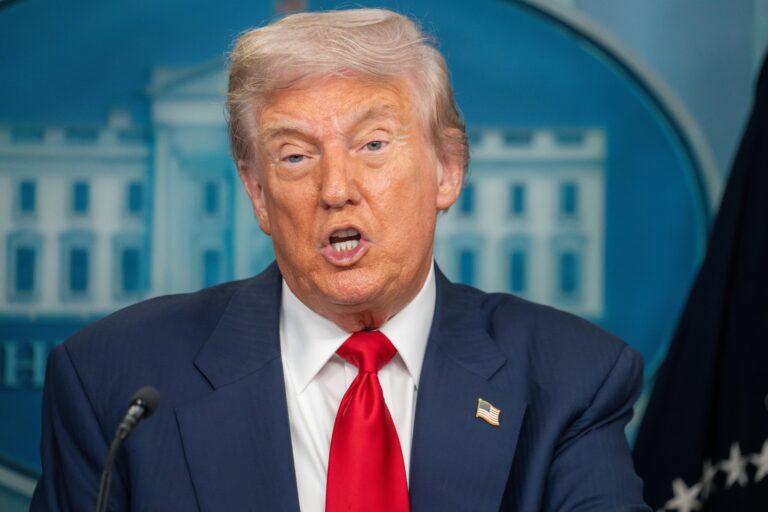US President Donald Trump signed an executive order introducing a $100,000 fee for applicants to the H-1B visa programme. The order accuses the system of “abuse” and denies entry unless the sum is paid.
Critics insist the H-1B programme weakens American workers’ prospects. Supporters, including billionaire Elon Musk, argue it enables the US to attract global talent.
Gold card promises fast-track entry
Trump also unveiled a “gold card” to speed up visas for certain immigrants. The programme requires fees starting at £1m.
Commerce Secretary Howard Lutnick joined Trump in the Oval Office on Friday. “A hundred thousand dollars a year for H1-B visas, and major companies are on board,” he said. “Train graduates from American universities. Stop depending on outsiders to take our jobs.”
The history of the H-1B system
The US capped H-1B applications at 85,000 per year in 2004. Until now, applicants paid administrative fees of about $1,500.
US Citizenship and Immigration Services revealed applications for the coming fiscal year fell to 359,000. This marks the lowest level in four years.
Amazon received the most H-1B approvals last year, followed by Tata, Microsoft, Meta, Apple and Google.
Lawyers raise alarm for small firms
Immigration lawyer Tahmina Watson warned the new costs could devastate small businesses and start-ups. “Almost everyone’s going to be priced out,” she said. “This $100,000 entry point will crush many.”
She explained that employers often sponsor foreign workers only when domestic hiring fails.
Concerns over America’s global edge
Jorge Lopez, chair of the immigration and mobility practice at Littler Mendelson PC, also condemned the move. He warned the fee “will halt American competitiveness in technology and beyond.”
Some firms may consider shifting operations abroad, though setting up overseas remains complex.
Trump’s shifting position on visas
The H-1B programme has long divided Trump’s allies. Some supported it, while critics such as Steve Bannon rejected it.
In January, Trump said he understood both sides of the debate. Earlier, during his campaign, he vowed easier recruitment and even suggested green cards for graduates. “You need a pool of people for companies,” he told the All-In Podcast. “You must recruit and keep them.”
Earlier restrictions under Trump
In 2017, Trump signed an order increasing scrutiny of H-1B applications. The measure aimed to tighten fraud detection.
Rejections rose to 24% in the 2018 fiscal year. Under Barack Obama, rejection rates ranged from 5% to 8%, and under Joe Biden between 2% and 4%.
Tech companies heavily criticised Trump’s measures, warning they harmed growth and innovation.
India fears heavy consequences
The new fee has global implications. India, the largest source of H-1B applicants, expects significant disruption.
Experts warn the restrictions could reshape global recruitment and push investments away from the United States.



